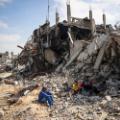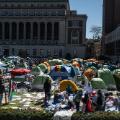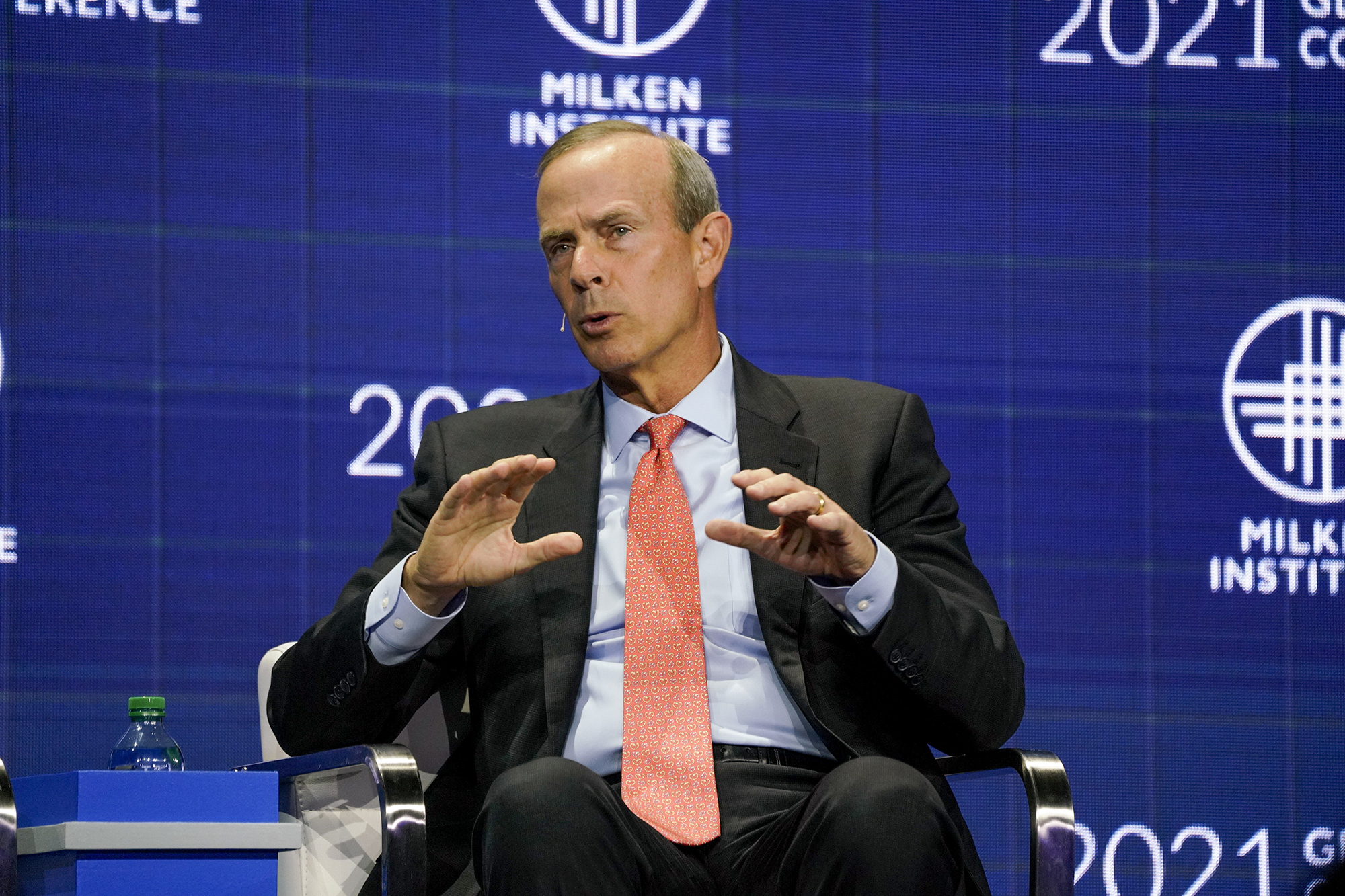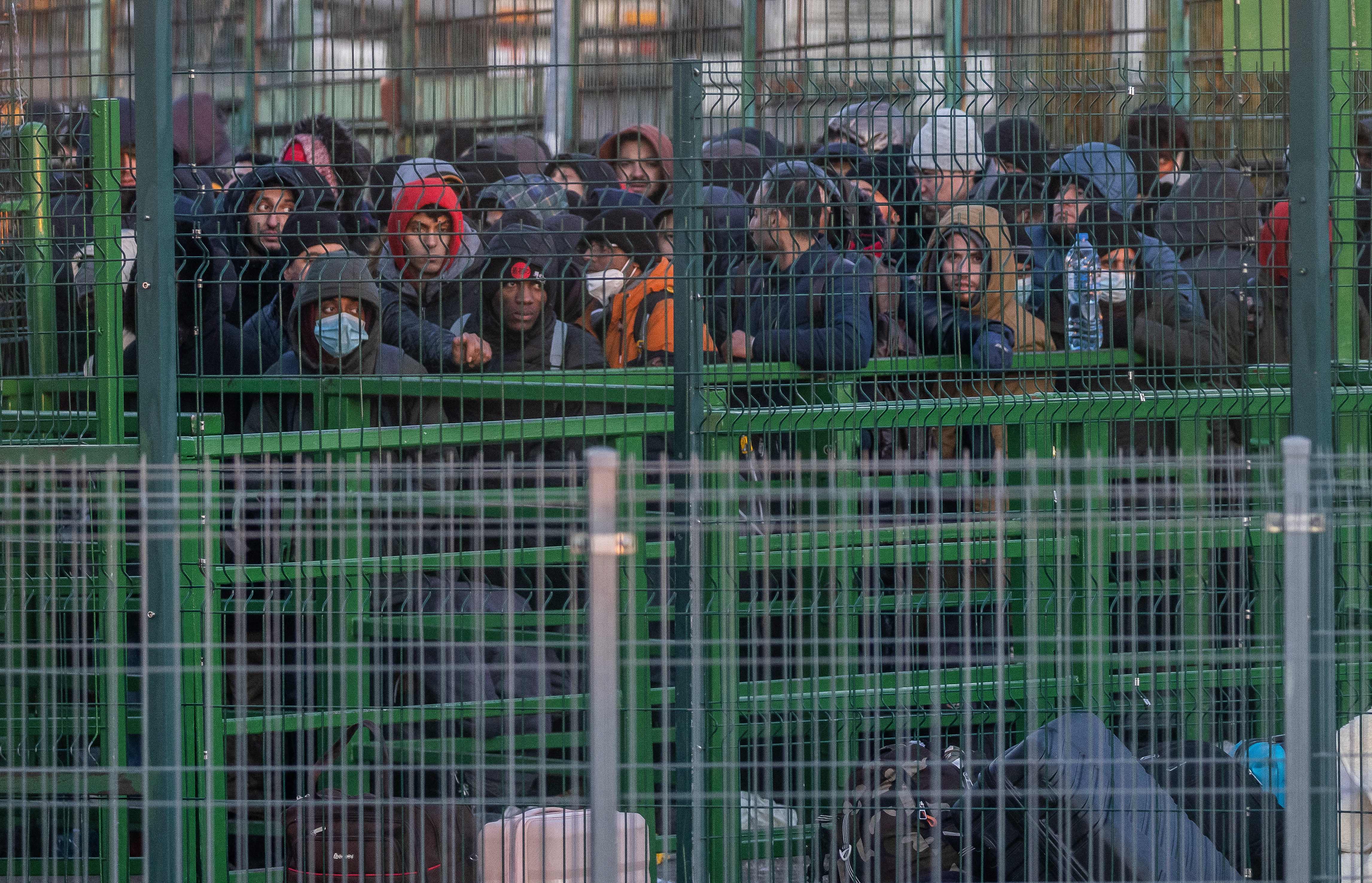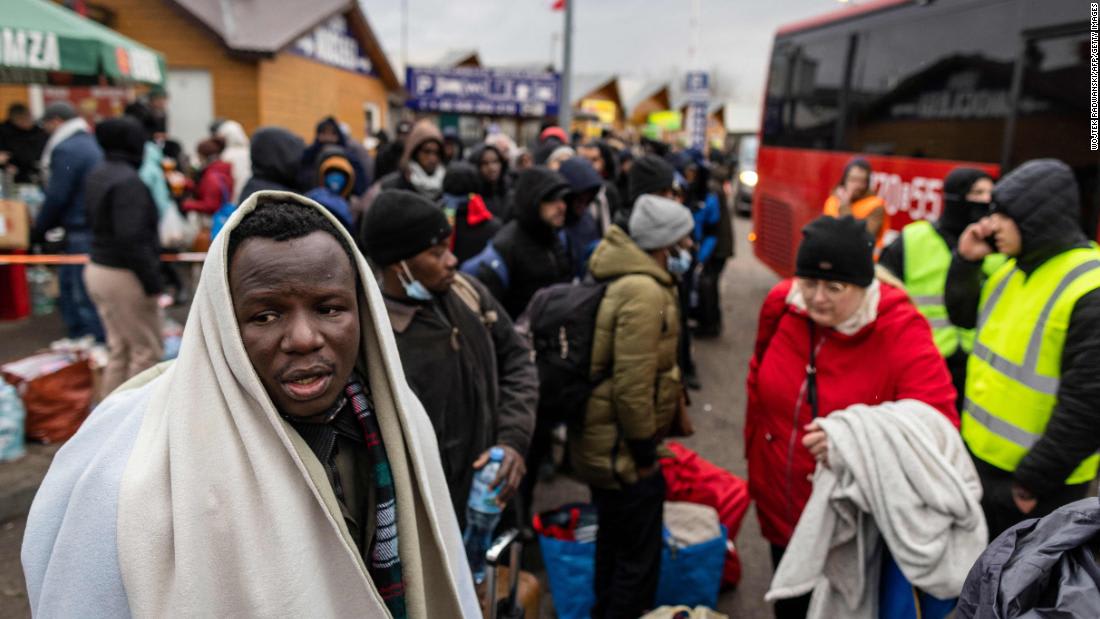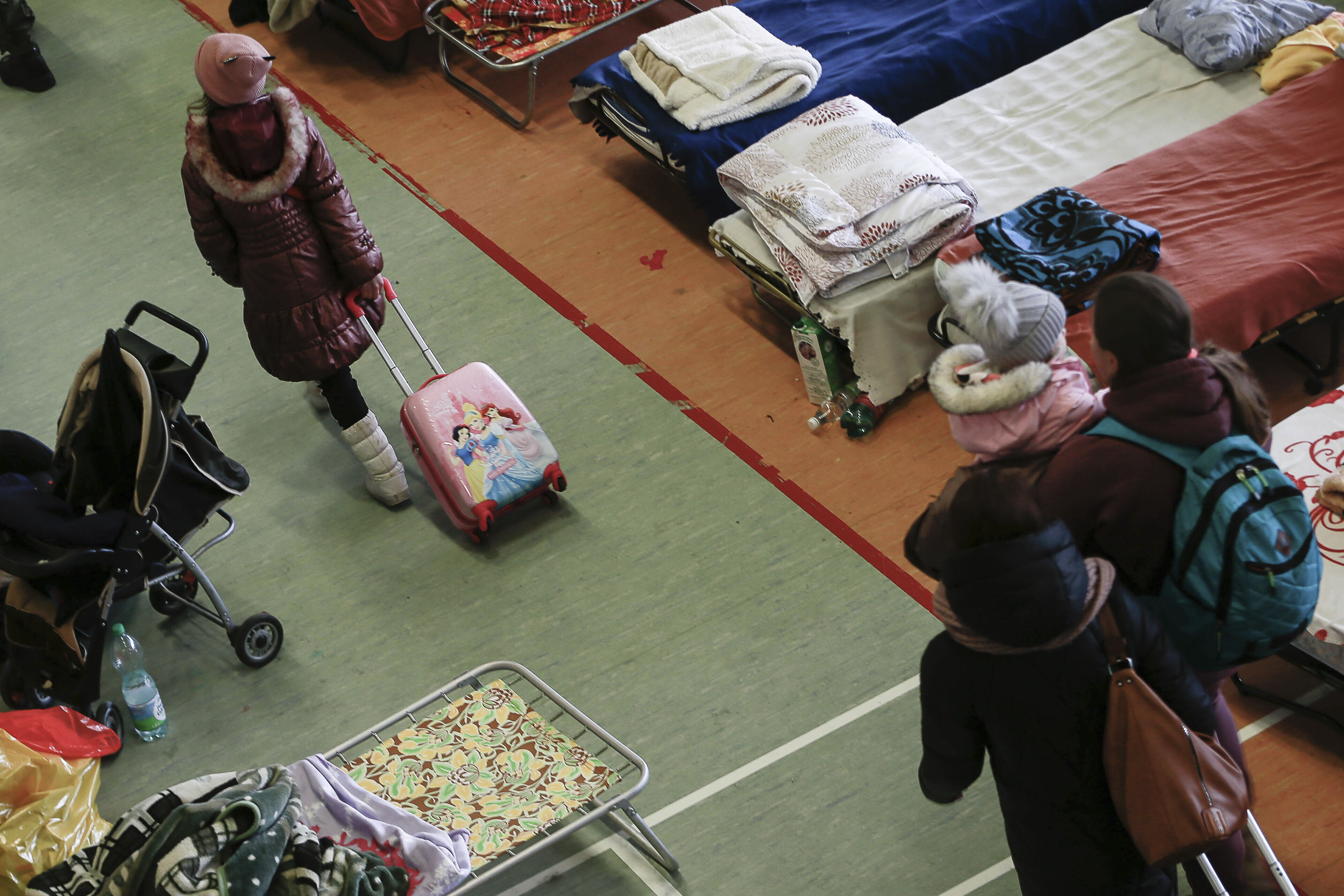
The situation in Ukraine could become “Europe’s largest refugee crisis this century” with more than 600,000 refugees believed to have fled Ukraine to neighboring countries so far, the UN Refugee Agency (UNHCR) said Tuesday.
"UNHCR is mobilizing resources to respond as quickly and effectively as possible,” the statement added.
Earlier on Tuesday, UNHCR issued an appeal for $1.7 billion USD in aid, estimating that 12 million people inside Ukraine could be left in need of relief and protection, with a further four million expected to be in need of assistance in neighboring countries.
“While we have seen tremendous solidarity and hospitality from neighboring countries in receiving refugees, including from local communities and private citizens, much more support will be needed to assist and protect new arrivals,” UN High Commissioner for Refugees Filippo Grandi said Tuesday.
According to UNHCR, its aid program will include “cash assistance for the most vulnerable people, food assistance, water and sanitation, support to health care and education services, and shelter assistance to rebuild damaged homes.”
$1.1 billion of the funding will be used to assist six million people inside Ukraine for an initial three-month period, according to UNHCR.
“Aid groups will need safe and unimpeded access to all conflict-affected areas according to the core humanitarian principles of humanity, neutrality, impartiality and operational independence,” the statement added.
